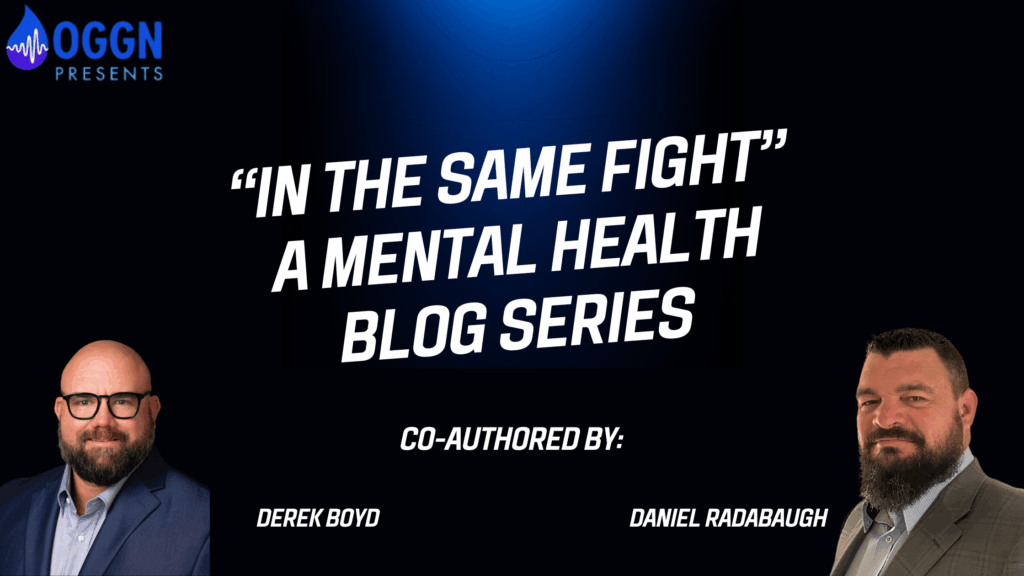
Gratitude Journaling: What We Write, We Invite
Have You Ever Heard of “Journaling”?
Have you ever been listening to a podcast, watching a speech, or hearing someone talk about self-help and noticed how often journaling comes up?
Many wellness practices seem to have journaling at their core. Why is that? Admittedly, I was once skeptical of how writing in a notebook could really make a difference. Before I understood the science behind what journaling does for the brain, I struggled to stay consistent. Making time to write down what I was focused on felt more like a chore than a tool.
What I discovered through this practice was far more than I expected. It became an incredible way to keep my thoughts, ambitions, and dreams in check.
Behind the Science
When we write something down, we aren’t just documenting it. We are teaching our brains to notice it. Neuroscientists call this process encoding, and it is how a thought becomes a memory. Writing by hand activates parts of the brain that connect emotion, focus, and language. That is part of why journaling feels grounding, even when life feels scattered.
“Gratitude turns what we have into enough, and more.
It turns denial into acceptance, chaos into order, confusion into clarity…
it makes sense of our past, brings peace for today, and creates a vision for tomorrow.”
— Melody Beattie
Gratitude journaling, in particular, helps the mind shift toward awareness and appreciation. The act of identifying what we are thankful for strengthens the prefrontal cortex, the part of the brain responsible for reflection and long-term perspective.
Over time, this practice gently retrains the brain to look for what is good instead of what is wrong. As dopamine and serotonin levels rise, gratitude becomes not just a thought but a way of being.
The beauty of this practice goes beyond science. Writing slows us down. It invites a pause. It creates space for stillness and appreciation, two things our fast-moving world rarely offers freely.
Creating the Ritual
How we approach journaling can shape the depth of the experience. Choose tools that feel special. A leather-bound journal, a favorite pen, or even one marked with a symbol that means something to you can turn this simple act into something sacred. When we hold an object with intention, our senses remember that this moment matters.
Try lighting a candle or playing soft instrumental music before you begin. Let the scent, the sound, and the feel of the pen remind you that this is a space for reflection. The goal is not to perform, but to be present. When your surroundings invite calm, your mind follows.
“Do not spoil what you have by desiring what you have not.
Remember that what you now have was once among the things you only hoped for.”
— Epicurus
Closing Thoughts
If you have never tried journaling, begin with something small.
One thing that went right today.
One person who showed up for you.
One quiet moment that reminded you of what is good.
The power is not in how much you write, but in showing up for yourself.
What we write, we invite.
And in time, those words become more than ink on a page.
They become a mirror of gratitude, a quiet compass pointing us back to what matters most.
Added Audio Bonus: Zen Focus Playlist on Spotify
Writer’s Pick: Passage, by Garth Stevenson
Written By Daniel Radabaugh & Derek Boyd
Stay up to date on OGGN blogs here! https://oggn.com/newsletters
